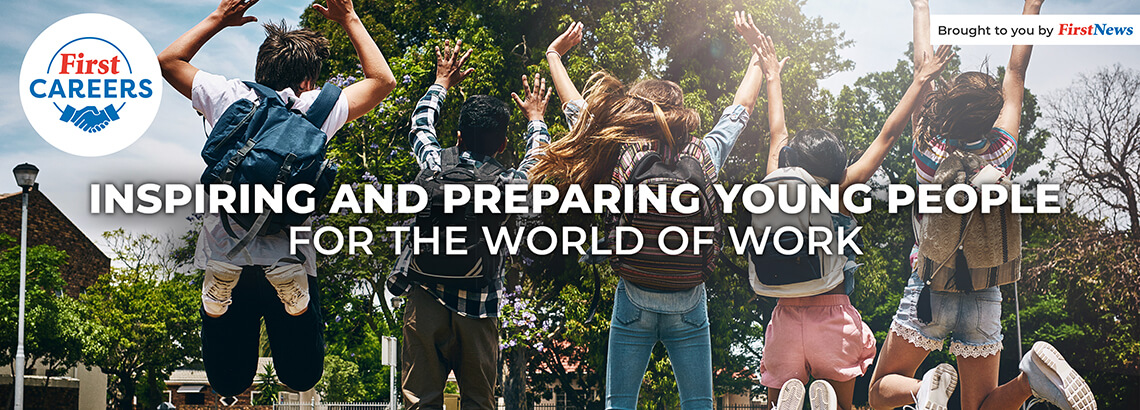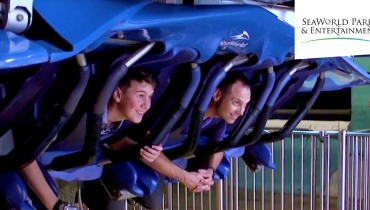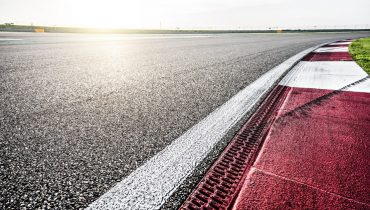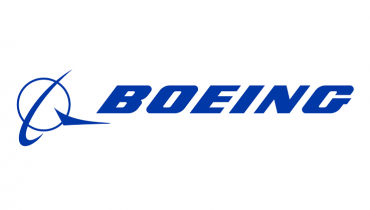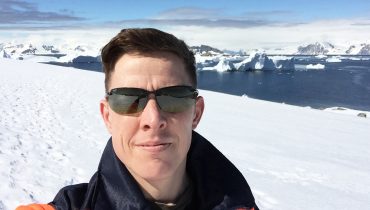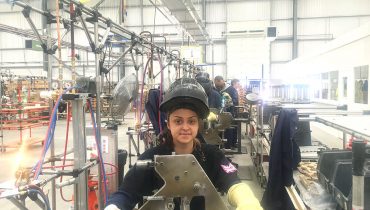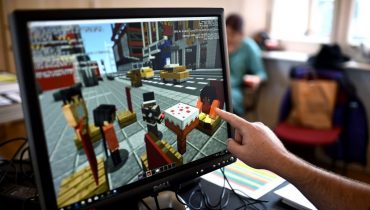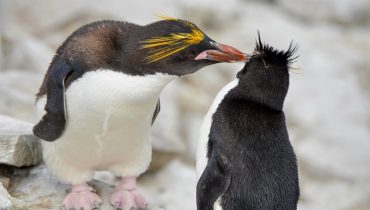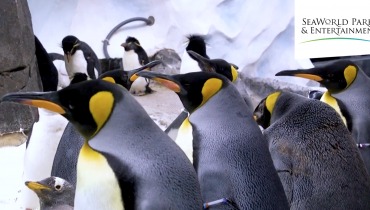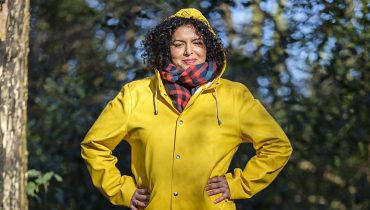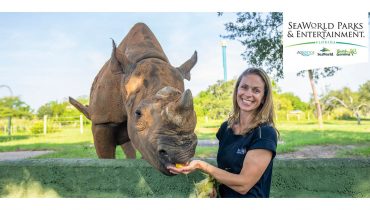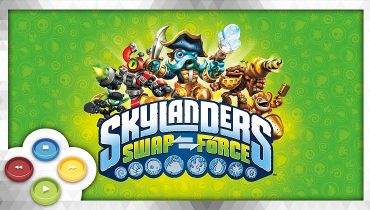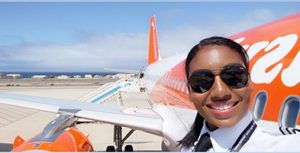 Sarah Ambrose
Sarah Ambrose
Airline pilot
In our series of careers films and interviews, you’ll see lots of different people doing lots of different jobs – and maybe your dream career will be in there somewhere! Lots of kids dream about being a pilot, so maybe this one’s for you!
We spoke to easyJet pilot Sarah to find out how she got into this exciting career, and how you can too. Boarding passes at the ready…
What I do
I am an airline pilot for easyJet! I’m a first officer, which means I’m second in command after the captain. I fly all kinds of people from London Gatwick airport where I am based, safely and efficiently to their destinations all across Europe.
How I got my job
I had my first flying lesson in a small aircraft when I was 17 years old and I enjoyed flying so much it became a hobby for me. When I was 29, I decided to apply for a part-scholarship partnership with easyJet. I was accepted and went on to flying school to complete my training course, which took around 18 months. I officially started flying passengers with easyJet as a pilot in 2019 and
the rest is history!
What I love about my job
I love that every day is different. My job never gets old! I get to travel around Europe and so I am also lucky that I get to see the amazing views from the flight deck at the front of the plane where we sit – they are always different and beautiful.
What’s difficult about it
Sometimes there can be unexpected challenges like bad weather, which can turn a long day into a much longer day! But we’ll always work together to ensure we look after our customers and keep them informed if things don’t go as planned.
What skills I need
To be a pilot you need great leadership and communication skills, as you’re working as part of a team every day, alongside your co-pilot and cabin crew. You also need to be really organised and be able to prioritise, to make sure your flights run smoothly for your passengers. Of course, you’ll also need good co-ordination to operate the controls and be able to pick up new skills quickly. It’s a very practical job and so I’d encourage anyone who is creative and enjoys being hands-on to also think about it as a great career option.
What school subjects are important
To join easyJet’s pilot training programme, you’ll need five GCSEs at grade C or grade 4 and above, and that will need to include maths, science and English language. A good knowledge of physics is particularly useful for when you’re doing your theory training at flight school. It may also be useful to speak another language, as we fly with colleagues and passengers from all over Europe, and the world.
Where young people should start if they want to do this job
Take a few trial lessons and see how you enjoy flying – if you love it, treat your first flight as the beginning of your career. You could also join the air cadets to get more experience and learn about flying. When you go on holiday, ask if you can visit the pilots in the flight deck when the plane is on the ground to see where we work – we’re always happy to speak to any aspiring future pilots!
How do you think your job could change in the future?
I think the aircraft of the future – including the fuel and the systems to power the aircraft – will be very different, as the industry is already working on new, zero-carbon emission technologies for sustainable air travel. easyJet are working with lots of partners who are developing zero-carbon emission technologies for passenger planes, such as using hydrogen, to help try to make flying zero-carbon emission aircraft possible from the mid-2030s, which is really exciting to think about.
